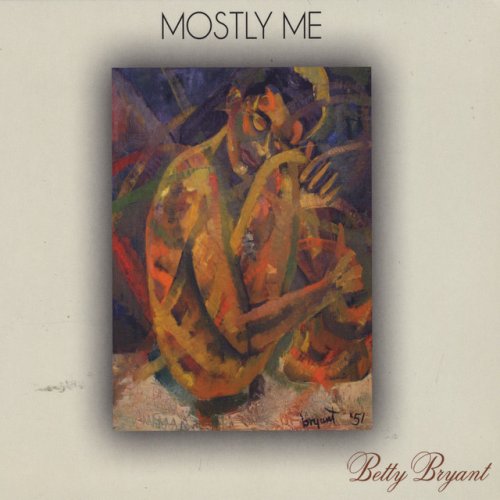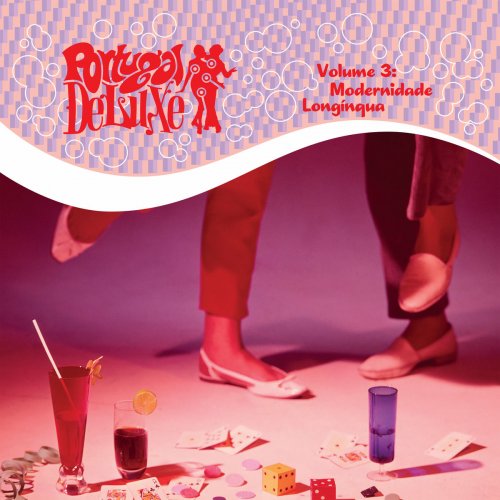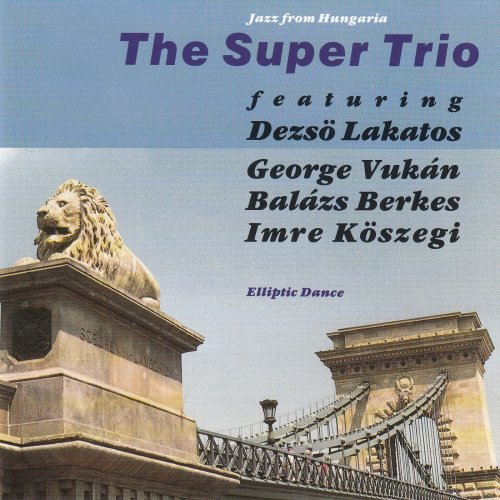Ciconia Consort, Dick van Gasteren - Rheingold: Music by Reinecke, Wagner, Bruch & Silcher (2022) [Hi-Res]
Artist: Ciconia Consort, Dick van Gasteren
Title: Rheingold: Music by Reinecke, Wagner, Bruch & Silcher
Year Of Release: 2022
Label: Brilliant Classics
Genre: Classical
Quality: flac lossless (tracks) / flac 24bits - 96.0kHz +Booklet
Total Time: 01:10:34
Total Size: 328 mb / 1.19 gb
WebSite: Album Preview
TracklistTitle: Rheingold: Music by Reinecke, Wagner, Bruch & Silcher
Year Of Release: 2022
Label: Brilliant Classics
Genre: Classical
Quality: flac lossless (tracks) / flac 24bits - 96.0kHz +Booklet
Total Time: 01:10:34
Total Size: 328 mb / 1.19 gb
WebSite: Album Preview
01. Serenade for String Orchestra in G Minor, Op. 242: I. Marcia
02. Serenade for String Orchestra in G Minor, Op. 242: II. Arioso
03. Serenade for String Orchestra in G Minor, Op. 242: III. Scherzo
04. Serenade for String Orchestra in G Minor, Op. 242: IV. Cavatine
05. Serenade for String Orchestra in G Minor, Op. 242: V. Fughetta Giocosa
06. Serenade for String Orchestra in G Minor, Op. 242: VI. Finale Allegretto
07. Wesendonck Lieder: VI. Der Engel
08. Wesendonck Lieder: IX. Stehe Still!
09. Wesendonck Lieder: X. Im Treibhaus
10. Wesendonck Lieder: VIII. Schmerzen
11. Wesendonck Lieder: VII. Träume
12. Concerto for String Orchestra in B-Flat Major, Op. Posth.: I. Allegro Moderato
13. Concerto for String Orchestra in B-Flat Major, Op. Posth.: II. Adagio
14. Concerto for String Orchestra in B-Flat Major, Op. Posth.: III. Allegro Molto
15. Die Loreley
Previous Brilliant Classics albums by this Dutch string orchestra, based in The Hague, have focused on late-Romantic American Pioneers and composers in early 20th-century Paris. Under their founder-director Dick van Gasteren, they now turn to the rich history of Rhineland music from the high-point of its immortalisation in operatic culture as the bedrock of Wagner’s Ring cycle.
Das Rheingold itself is present by implication in the cycle of Wesendonck-Lieder which Wagner composed on the shore of Lake Zurich, initially as sketches for Tristan und Isolde, which he had embarked upon as a venture to drum up interest and capital for the larger project of the Ring. Inspired by his intimate association with as well as the poetry of Mathilde Wesendonck, the wife of a wealthy silk merchant who was underwriting the composer’s sojourn in Zurich, Wagner then developed the songs into a self-contained cycle which throbs with transfigured desire much like the opera.
The cycle is sung here by the mezzo-soprano Karin Strobos, whose career was launched by singing Octavian in Der Rosenkavalier at the Netherlands Opera under Sir Simon Rattle. She also sings the album’s notable rarity: a setting of Heine’s Loreley text, which describes the mythical creatures who lure unsuspecting Rhenish sailors to their doom like Greek Sirens. Originally composed as a male-voice partsong by Friedrich Silcher (1798-1860), the song has been transcribed by Dick van Gasteren for Strobos and La Ciconia. Complementing the songs are two unfamiliar but attractive examples of late-Romantic German string music: the Serenade, Op. 242 by Carl Reinecke, and the Concerto for String Orchestra by Max Bruch.
![阿部海太郎 - Musical Portrait of Takashi Minamoto 08:漱石悶々 夏目漱石最後の恋 (2026) [Hi-Res] 阿部海太郎 - Musical Portrait of Takashi Minamoto 08:漱石悶々 夏目漱石最後の恋 (2026) [Hi-Res]](https://img.israbox.com/img/2026-01/23/8saiy7y1e5bx5htozbwxna9xl.jpg)

![Dino Siani - That's Music (2026) [Hi-Res] Dino Siani - That's Music (2026) [Hi-Res]](https://img.israbox.com/img/2026-01/22/y7lqcrc18nwhchowab9g7sceu.jpg)





